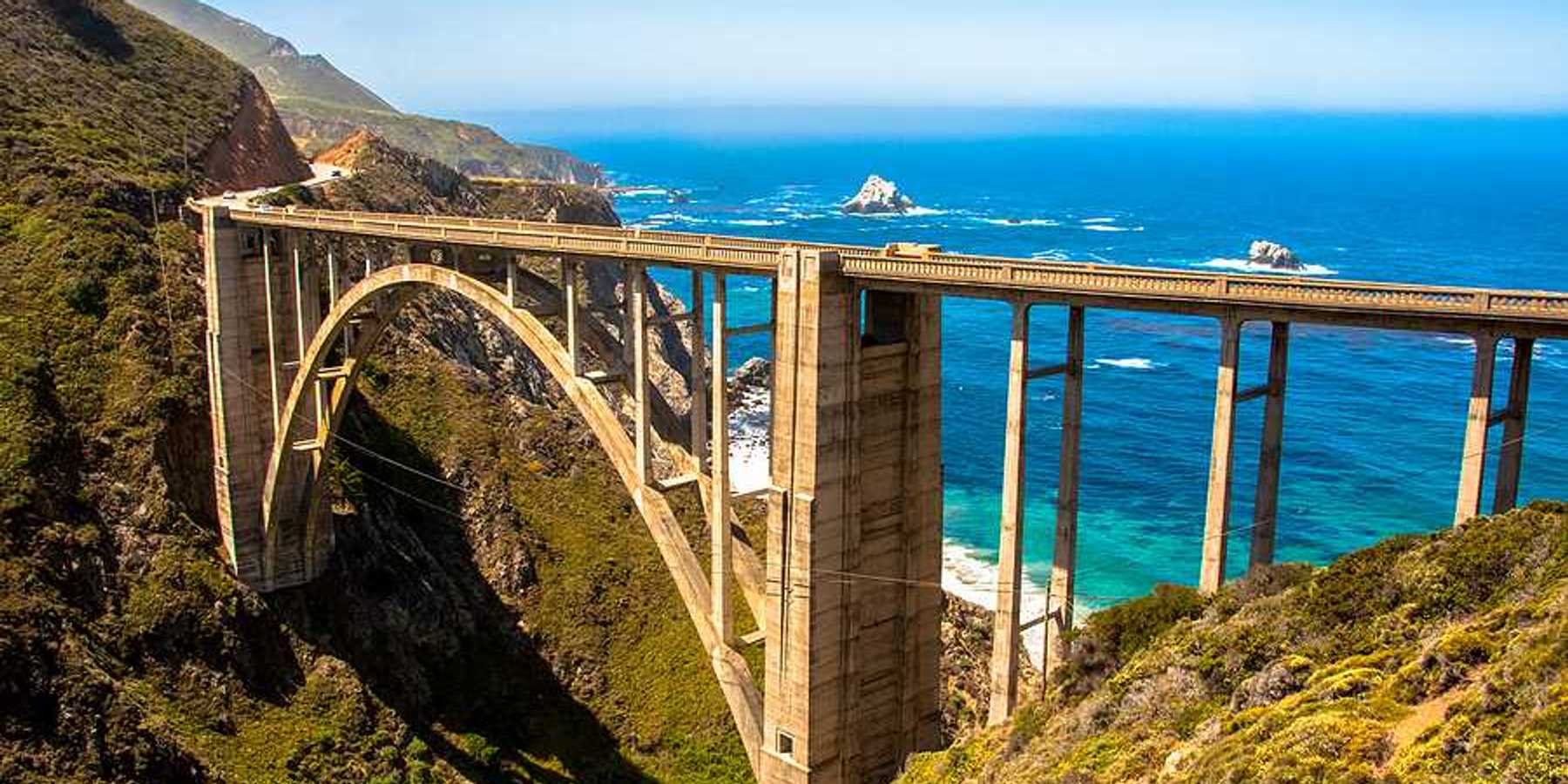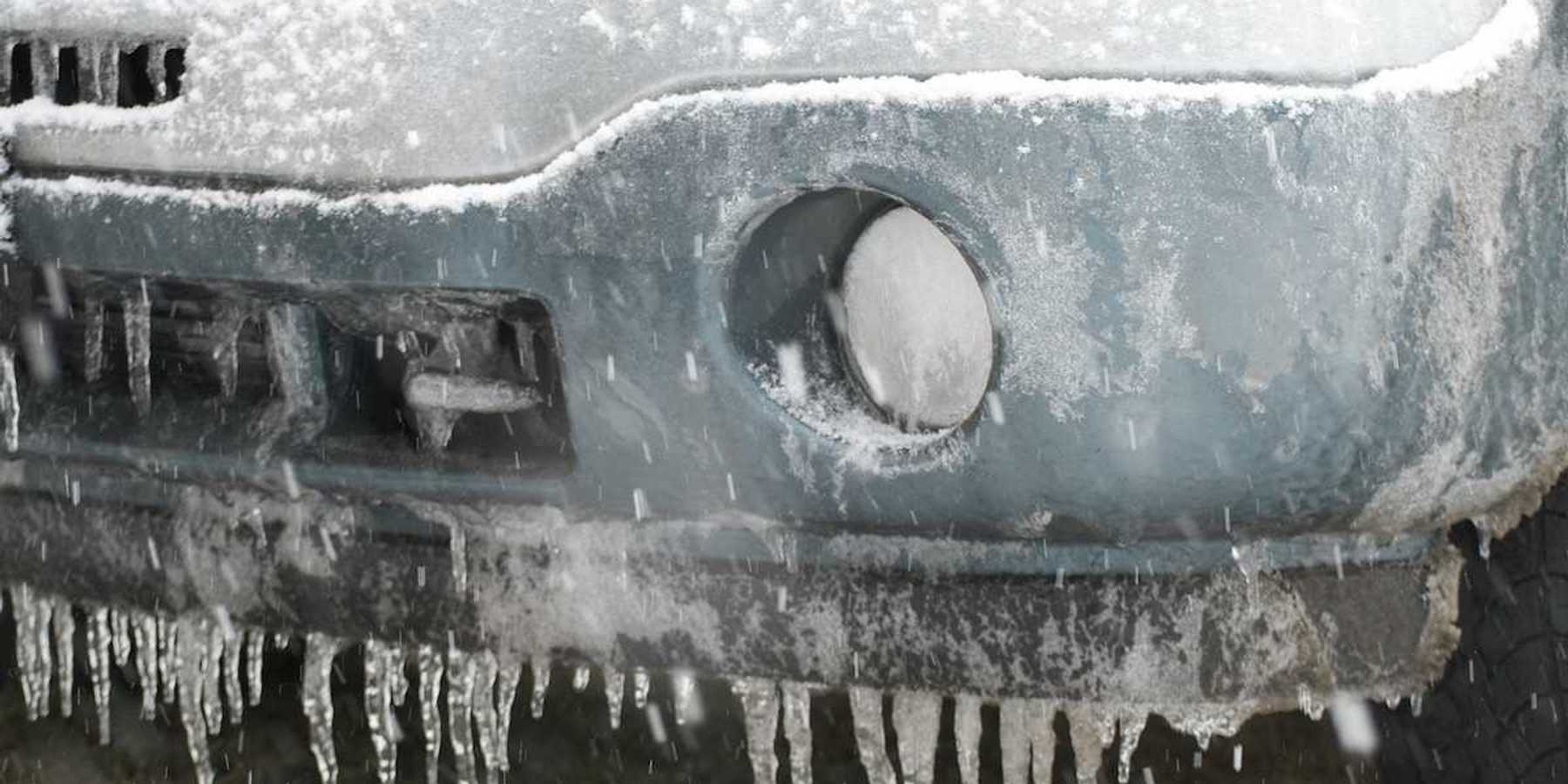Greenpeace faces massive financial blow in pipeline lawsuit
Greenpeace has been ordered to pay $667 million to the company behind the Dakota Access Pipeline after a North Dakota jury found the environmental group defamed the company, a verdict that could have sweeping consequences for advocacy and free speech.
Anna Phillips reports for The Washington Post.
In short:
- The lawsuit stemmed from Greenpeace’s involvement in protests against the Dakota Access Pipeline, where Energy Transfer accused the group of inciting violence and damaging its reputation. Greenpeace denies these claims and plans to appeal.
- Environmentalists warn the ruling could stifle activism, making groups wary of challenging fossil fuel projects. Experts say it sends a chilling message to climate protests that disrupt infrastructure.
- The case is seen as part of a broader trend of corporations using strategic lawsuits (SLAPPs) to silence critics. Unlike more than 30 other states, North Dakota lacks laws discouraging such lawsuits.
Key quote:
“We should all be concerned about the future of the First Amendment, and lawsuits like this aimed at destroying our rights to peaceful protest and free speech.”
— Deepa Padmanabha, senior legal counsel for Greenpeace USA
Why this matters:
Beyond the courtroom, the stakes are high. This case isn’t just about Greenpeace — it’s about the future of environmental protest in an era of escalating climate crisis. If the ruling stands, the next time a pipeline spills or a fossil fuel project threatens communities, who will dare to sound the alarm?
Read more:













